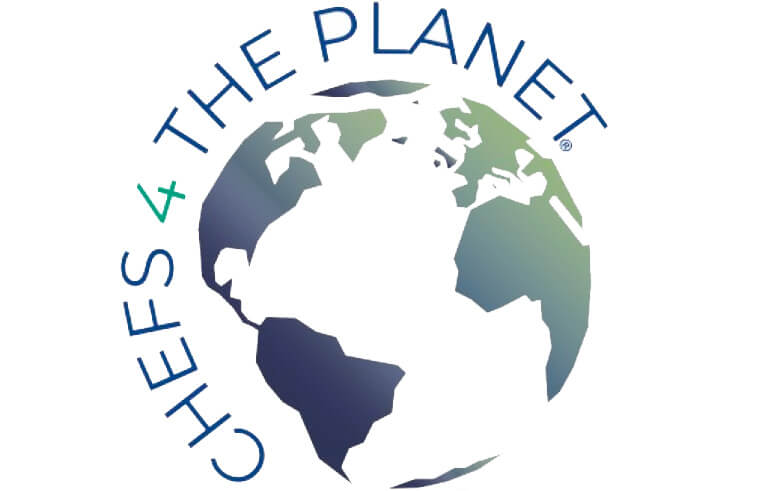Vicious circle of cheap but damaging food is biggest destroyer of nature, says UN-backed report
The global food system is the biggest driver of destruction of the natural world, and a shift to predominantly plant-based diets is crucial in halting the damage, according to a report.
Agriculture is the main threat to 86% of the 28,000 species known to be at risk of extinction, the report by the Chatham House thinktank said. Without change, the loss of biodiversity will continue to accelerate and threaten the world’s ability to sustain humanity, it said.
The root cause is a vicious circle of cheap food, the report said, where low costs drive bigger demand for food and more waste, with more competition then driving costs even lower through more clearing of natural land and use of polluting fertilisers and pesticides.
The report, supported by the UN environment programme (Unep), focused on three solutions. First is a shift to plant-based diets because cattle, sheep and other livestock have the biggest impact on the environment.
More than 80% of global farmland is used to raise animals, which provide only 18% of calories eaten. Reversing the rising trend of meat consumption removes the pressure to clear new land and further damage wildlife. It also frees up existing land for the second solution, restoring native ecosystems to increase biodiversity.
The availability of land also underpins the third solution, the report said, which is farming in a less intensive and damaging way but accepting lower yields. Organic yields are on average about 75% of those of conventional intensive farming, it said.
Fixing the global food system would also tackle the climate crisis, the report said. The food system causes about 30% of all greenhouse gas emissions, with more than half coming from animals. Changes to food production could also tackle the ill health suffered by 3 billion people, who either have too little to eat or are overweight or obese, and which costs trillions of dollars a year in healthcare.
Read the rest here: https://www.theguardian.com/environment/2021/feb/03/plant-based-diets-crucial-to-saving-global-wildlife-says-report


